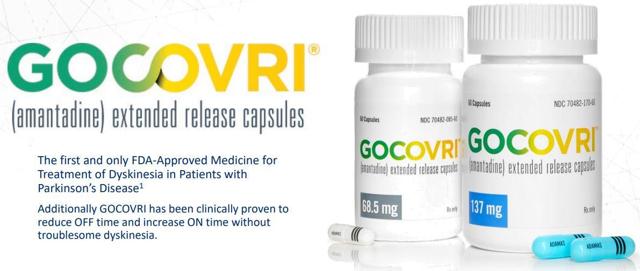What does this have to do with Parkinson's Disease? Please read on....
What do whataboutism, memes and
manufactured rage all have in common?
The answer is simple, none of them are making the world a better place. We see someone attack one of our candidates and we fire back. Often this involves showing an article about another candidate or a former president who
apparently has done something worse. This is classic whataboutism and does nothing to answer the accusation leveled at the original political candidate. Hillary, Obama and Biden are not in the White House and Trump is. You cannot defend his behavior simply by comparing him to other politicians. So often, when people fire back in an attempt to defend their candidate, they use internet memes. The problem is that much of the information conveyed in these memes is false. Finally, there is the manufactured rage spurred on by the media and both parties.
When it comes to whataboutism, Trump Supporters take the prize. One example of whataboutism is the 23 women (some say 25) who have accused
Trump of sexual assault. It has been repeatedly proven that women do not lie about being a victim of
sexual assault. With 90 to 92% of reported sexual assault cases proven to be true (but not always prosecuted or convicted), the odds of Trump sexually assaulting many of his accusers are overwhelming. Comparing this to the
Monica Lewinsky case or the
Chappaquiddick incident is just absurd. While I will not defend Clinton or Kennedy, or their role in these scandals, they in no way rise to the level of having multiple women accuse you of rape, especially when Trump has incriminated himself with his
own words. After these stories came out, I found it nauseating that people still voted for him. How do people defend, this? They use "whataboutism."
The quickest way to utilize whataboutism is an internet meme. The two problems with these type of responses is that first, they do not address the accusations and second, they are often false. When Republicans found themselves defending the decision to present the Presidential Medal of Freedom to a
known racist many used
fake pictures of Democatic Presidents giving out medals to horrible people. People do not fact check these memes and even worse, they will often leave them up after someone points out that they are false. In fairness to Rush, he has fallen victim to the fake memes as well. While all the quotes attributed to Rush are not true, there is enough factual evidence to prove he is a racist. In addition to memes, people often defend their candidate of choice with links to news articles and videos. Unfortunately, many if not most of the articles posted, are not from reliable sources. We need to keep in mind that videos can be
altered and that Facebook knowingly accepts money for advertisements with blatantly false information. The lesson: fact check.
Finally, there is manufactured rage. Are people really so outraged by by Pelosi tearing up the
State of The Union Address? If so, why are many these same people not offended by Trump
mocking a disabled reporter? Do you see what just happened? I used a classic example of whataboutism. Regardless of what Trump has done, Pelosi's actions lack decorum. We all need to take a deep breath and get a reality check if we think that she is going to get arrested, charged with a crime or even censured. The outrage over this incident has been manufactured by the media, the Republican party and Trump supporters.
Ultimately, whataboutism, internet memes and manufactured rage will do nothing to make the world a better place. Instead, make some phone calls for your favorite candidate or donate to their campaign. Alternatively, try giving to a
charity every time you feel like posting a meme.
What does this have to do with me having Parkinson's disease? The answers are simple, dopamine, energy and depression. Like many people with Parkinson's disease, I have about 25% of the dopamine as people in my age category. This lack of dopamine leads to fatigue and depression. Every morning when my alarm goes off, a conversation occurs in my head and it goes something like this,
"...you can do it John... ...just put your feet on the floor and stand up..." This discussion may last 30 seconds or five minutes but, so far, I have always managed to get out of bed. I announced this Thursday to my
wife that I have so little energy left, that I will not waste it arguing with or holding grudges against the people who I love. She is a very smart women and so she responded,
"...what about all the energy you waste posting about Trump?" All I could think was,
"guilty as charged..." So
while the
"I do not care about politics" statement is often born of white privilege, I just no longer have the energy for whataboutism, memes and manufactured rage. I am going to
try to walk away from all of it. I invite you to join me.
In many major cities this Saturday, the
Parkinson's Foundation hosted their first Parkinson's Revolution event. This was essentially a Spinning (indoor cycling) fund raiser. They expected it to raise $50,000 and ended up making well over $100,000! Congratulations to
Francesca Villa and everyone at the foundation!
With your help, I managed to raise $1325! I would like to thank the donors. (Anonymous donors have been left of the list due to privacy issues.) Thanks goes to: Kate, Terry and Diane, Ginger, Sam, Cindy, Lauren, Caroline, Jennifer and Don, Erica, Adam, Manny, Tom and Ocean, Colin, Colleen and Grant, Jonathan, and Steven.
That's all for now...



 ,
,





